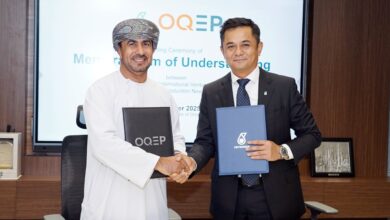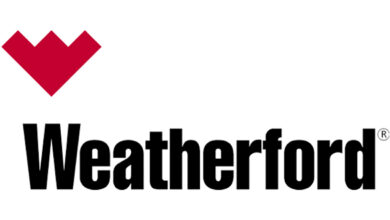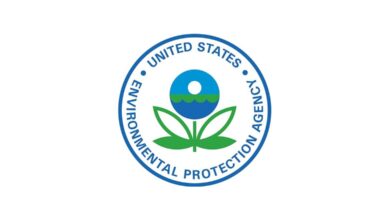Brazilian regulator ANP developing rules for well design, BOP reliability
By Joanne Liou, associate editor

Since 2010, ANP, the Brazilian National Agency of Petroleum, Natural Gas and Biofuels, has completed more than 200 audits on offshore and onshore oil and gas fields and onshore pipelines. The audits resulted in approximately R$166 million in fines but also allowed the agency to establish its presence and cultivate a mutual understanding with the industry. “We stay at least three days because we understand that when we go to the facilities for more than one day, we have the chance to feel the safety culture of the operator of the facility and the oil company,” Marcelo Mafra Borges de Macedo, Superintendent of Safety Operations and Environment for ANP, said. “On the first day, they look at us as different people. On the second day, not so much. On the third day, they understand us as part of the team.” In his keynote presentation last week at the 2014 IADC International Deepwater Drilling Conference in Rio de Janeiro, Mr Macedo highlighted ANP’s focus to improve process safety within the industry while working with other regulating agencies.
Four main entities regulate Brazil’s oil and gas industry: the Maritime Authority, which focuses on MODU codes and marine systems (communication, hull, navigation, evacuation rules, etc); the Labour Ministry, which focuses on occupational safety and health risks; IBAMA, the Brazilian Institute of Environment, which oversees spill response plans and the interaction of facilities with the environment; and ANP. “We have many federal organizations, each one with different duties,” Mr Macedo said. “It’s important to understand we work together. We make a multidisciplinary group. If we stick together, we’re going to do the best job.”
ANP’s regulations are performance-based, focusing on safety management systems and a culture of safety. Its regulations are divided among three categories: management, leadership and personnel; facilities and technology; and operational practices. The regulator is working on reinforcing regulations for training regimes and has stressed the importance of a collaborative environment between industry and regulators. “We have to exchange information. We have to be binding – regulators, oil companies, rig owners, equipment manufacturers. We’re looking for advanced training for drilling, workover, well control and well design,” Mr Macedo stated. ANP expects to issue a new regulation for well design by the end of this year. “We’re working with the IRF (International Regulator’s Forum) to look for the best parameters to fit well design regulations,” he said.
Additionally, ANP has been working with the US Bureau of Safety and Environmental Enforcement to establish new regulations in Brazil around BOP reliability. “We have to move forward on the regulatory side to deal with (incidents related to BOPs),” Mr Macedo stated. “What kind of degradation of BOPs are we going to see stop operations? What kind of level can we live with?”
Although he did not provide a time frame for the release of this regulation, he noted that, similar to the US, once a draft regulation is complete, it will be open to public comment and suggestion for 30 days. “If you do not participate in that process, we’re not going to make the best regulation for the market, for the people, for the user and the society that we have to protect.”




